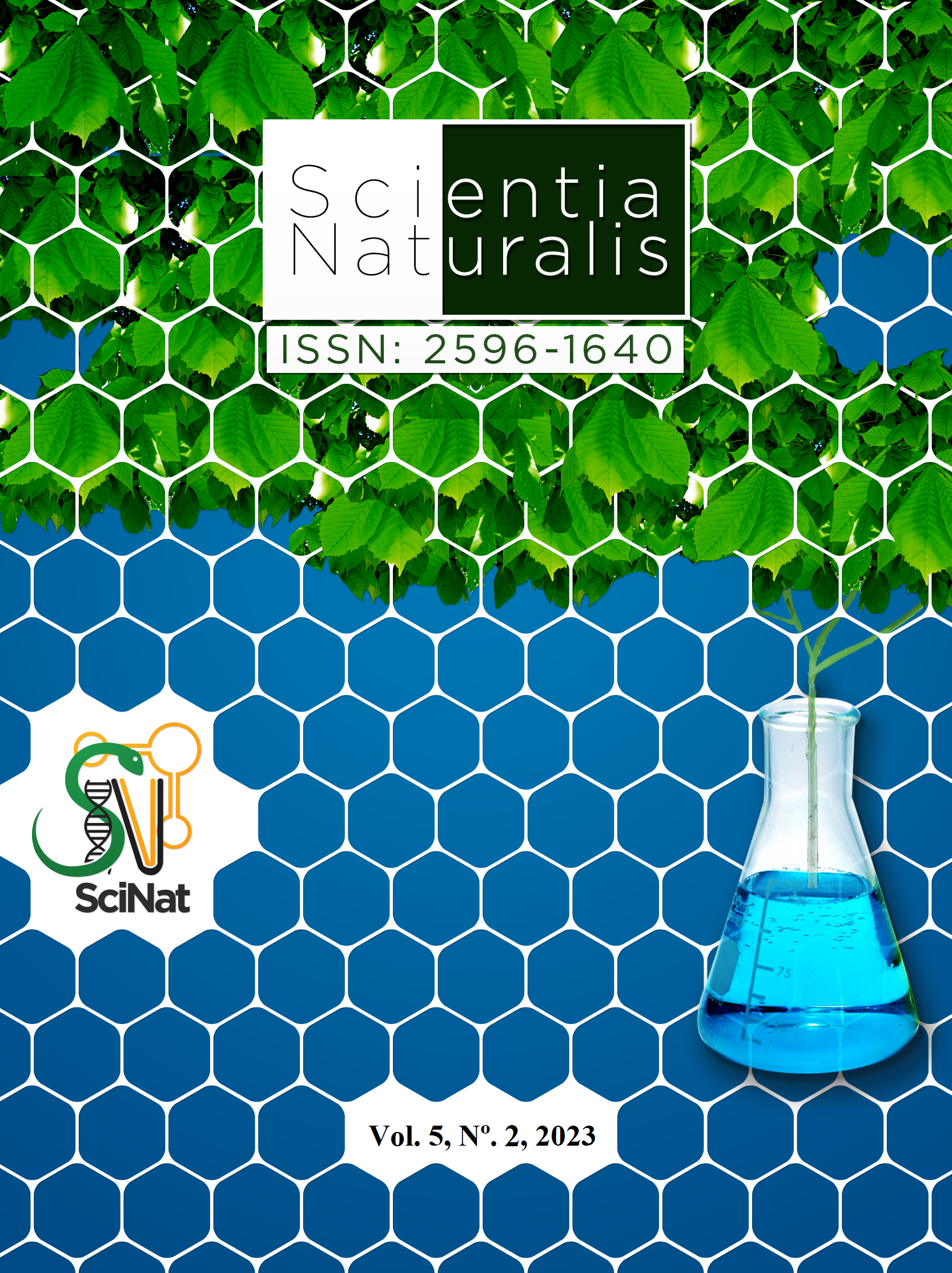Literature review of unconventional food plants (UFP) of the Solanaceae family
DOI:
https://doi.org/10.29327/269504.5.2-26Abstract
The quest for a healthier life has aroused people's interest in the consumption of unconventional food plants (UFP), due to their nutritional and pharmaceutical potential. Among these plants, those belonging to the Solanaceae family stand out, whose category is one of the most important for man from a dietary, economic and pharmaceutical point of view. The present work aimed to carry out a bibliographic survey about four species of the Solanaceae family, characterizing them and highlighting their nutritional, phytochemical and medicinal potential, namely: Acnistus arborescens, Physalis angulata, Physalis pubescens and Vassobia breviflora. Obeying the time frame from 2000 to 2020, searches were carried out in the PubMed, Science Direct, Embase and Virtual Health Library (BVS) databases, using previously selected descriptors that were combined with the species name and the Boolean operators “AND” and “OR”. In total, 871 articles were collected, of which 95 were selected to compose the literature review. The species stood out for their anticancer, antimicrobial, antiparasitic, anti-inflammatory, antidiabetic and immunological properties, which are conferred by the various secondary metabolites that constitute them. Despite the remarkable cytotoxic activity against cancer cells, no studies have shown toxicity against normal human cells. In addition, plants are rich in nutrients and can be used in human food. Such results indicate the potential of these vegetables in the development of functional foods, pharmaceuticals and other products for the agronomic and food industries.




